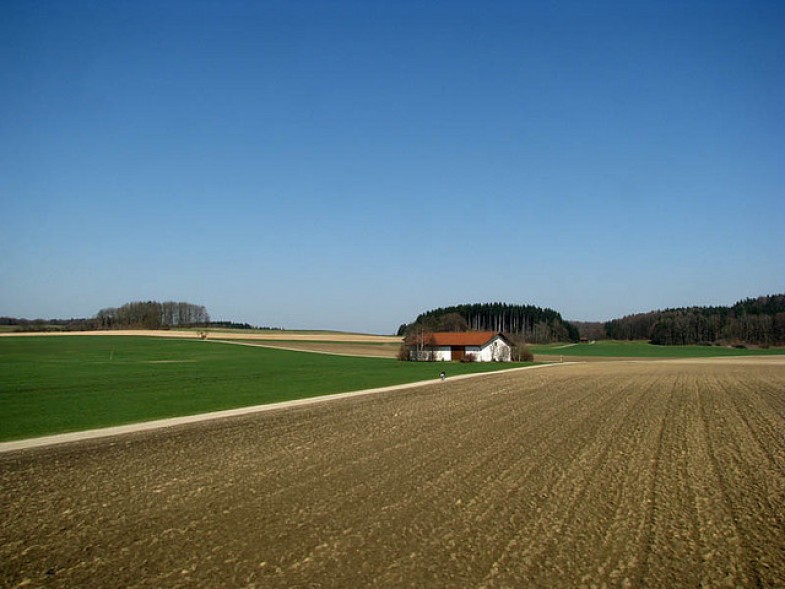Here at On the Commons, we believe land is an essential commons. What follows is a list of beliefs that support that idea.
- Land is not a commodity; human beings did not create it. Land is a gift given by the universe to us all.
- In order for a restorative economy to emerge, in order for local economies to flourish, we must gradually transform our thought and behavior toward land.
- A commons lens suggests that communities have a fundamental and equitable claim to our common inheritance of natural and created abundance, and that they must play a critical role in the stewardship of those resources.
- When we buy and sell land we are really buying and selling certain rights of use to the land, rather than the land itself. And these rights are always balanced by responsibilities. Therefore, having the right to a certain piece of land should always come with an obligation to practice social, economic and environmental stewardship.
- Land is a form of commons—something we all share the same as we do air, water, scientific knowledge, and the Internet. People can use these commons for their own livelihood, but cannot diminish them for future generations. When the interests of the earth and the community are prioritized, private property can be treated as a commons.
- Food underlies every aspect of human activity and economy. It is, quite literally, the source of our health, sustenance and sustainability as a species. – The Food Commons: Building a National Network of Localized Food Systems
- We are in a time of extraordinary opportunity…People are re-awakening to the fact that food is not only the basis of our health but it is also at the basis of traditions, customs and culture that bind us together as a family and community. – The Food Commons: Building a National Network of Localized Food Systems



